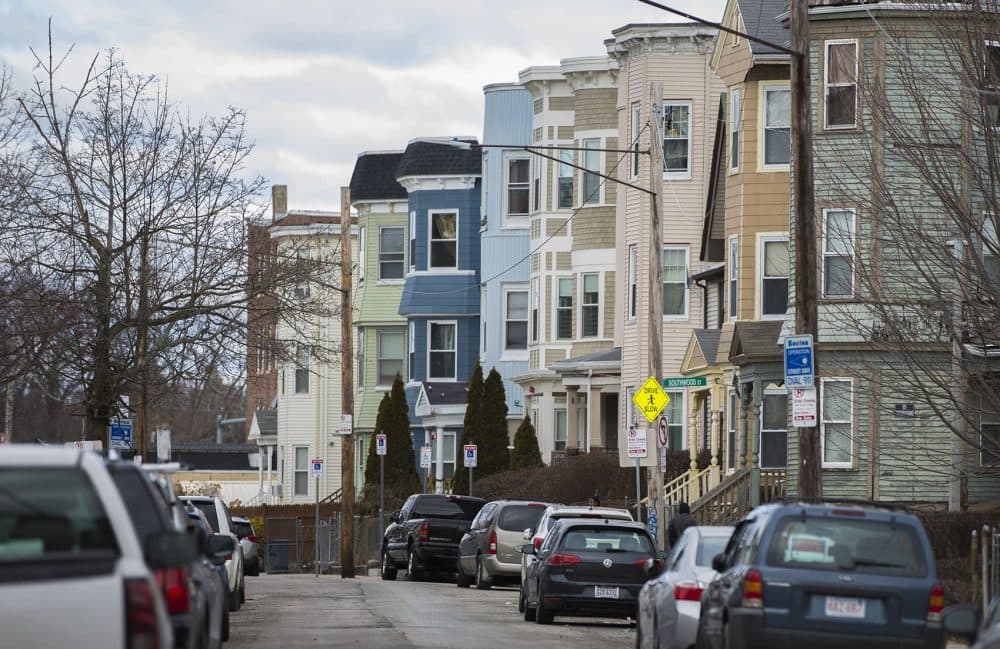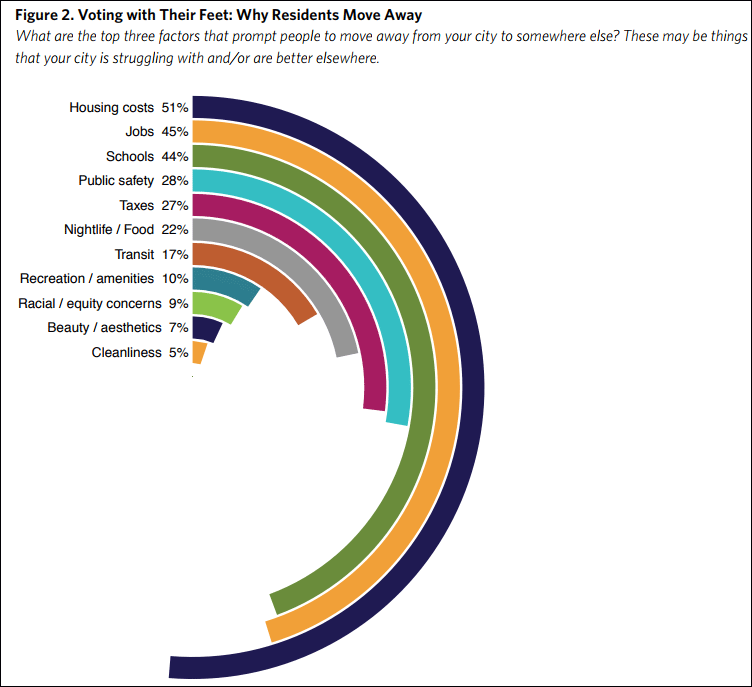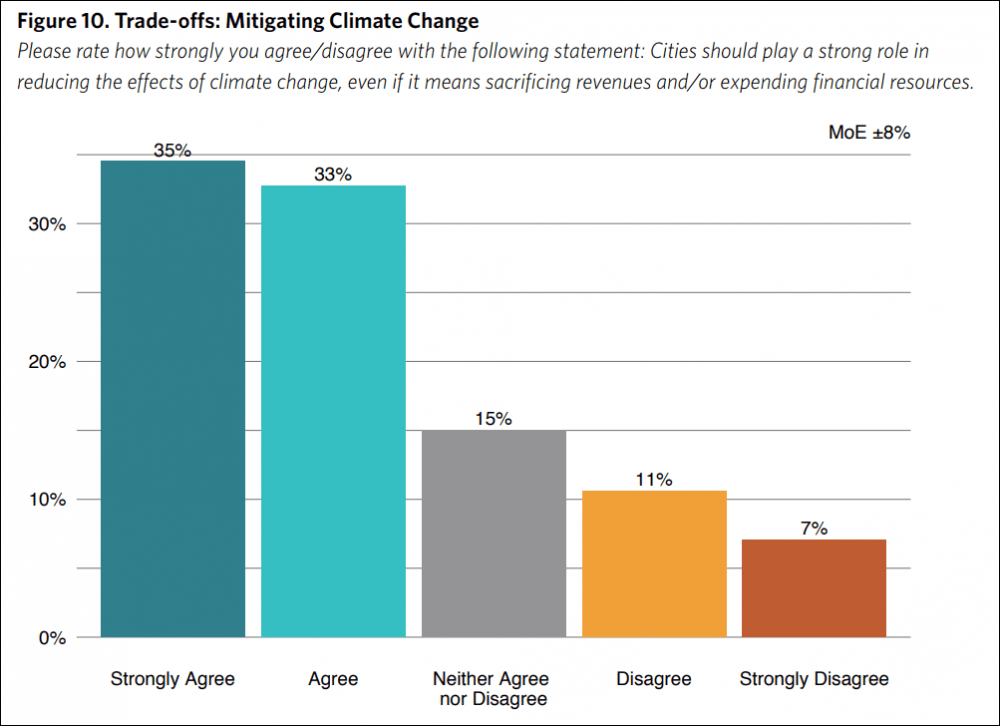Advertisement
Among U.S. Mayors, There's Widespread Concern About Housing Costs, BU Survey Finds

It's certainly not just an issue in pricey Greater Boston.
A new nationwide survey of mayors finds that half believe the cost of housing is among the top three reasons people move out of their cities.
The mayors cited housing concerns ahead of jobs, schools and public safety as a reason residents move.
"Across the country, mayors of all types of cities are concerned about housing affordability and access," concludes the annual survey, out Tuesday from the Boston University Initiative on Cities.

The survey is based on 115 interviews conducted in summer 2017. The BU institute reached out to all mayors of U.S. cities with a population of at least 75,000, and 115 mayors of the 467 cities completed the survey, with their responses kept anonymous. The report's authors say the responding mayors — 65 percent Democrat, for example, and 22 percent Republican — make up a representative sample of leadership of American cities.
The survey has a margin of error of 8 percentage points.
Of the 115 respondents, just 9 percent are from the Northeast. (The BU researchers say just 10 percent of all cities large enough to be included in the survey are in the Northeast.) Nearly 40 percent of respondents are from the West, and it's clear that western mayors -- likely including some from costly California -- are the most concerned with housing affordability.
The survey responses were also analyzed by cities' individual housing costs, and, the report says, "unsurprisingly, mayors of the cities with the highest housing costs ... were most concerned about their housing stock."
Nationwide, just 13 percent of mayors said their current housing stock matches their residents' needs "extremely well" or "very well." In the Northeast, most mayors said their housing stock matches their city's needs "moderately well."
Two other details on housing from the report:
- More than a third of mayors said they think zoning and development is the issue that has the biggest impact on voters' approval of their job.
- "The most commonly cited obstacles to improving housing access included a lack of government funding (especially for low-income residents); the challenges residents face obtaining bank financing or a lease; and the costs of upgrading older housing stock."
BU's Initiative on Cities was founded by the late Boston Mayor Tom Menino, and a WBUR poll in October found that the cost of housing is the top issue for Boston voters. Seventy-six percent of poll respondents said they were either very dissatisfied or somewhat dissatisfied with the cost of housing in the city.
The BU survey comes amid increased focus on the cost of housing in Massachusetts. To wit:
- In his State of the Commonwealth address on Tuesday night, Gov. Charlie Baker touted his proposal to develop 135,000 new housing units by 2025.
- Harriette Chandler, who's acting president of the state Senate, has notably stressed housing as a priority of hers.
- In December, 14 municipal leaders from the Boston area pledged to increase the pace of housing construction.
- And the House on Wednesday is set to consider a $1.7 billion housing bill.
The chair of the Joint Committee on Housing, Boston Rep. Kevin Honan, told WBUR's Newscast Unit that the Legislature must focus on affordable housing.
"We need to do more workforce housing that's affordable to people in all income levels so we're a truly open and inviting society, appreciating diversity," he said.
The BU survey also touched on several other topics, including climate change, relationships with state and federal officials, and budget concerns.
One notable finding from the climate questions: "A striking 68 percent of mayors agree that cities should play a strong role in reducing the effects of climate change, even if it means sacrificing revenues or increasing expenditures." Here's the chart of those findings:

Correction: An earlier version of this story said half of surveyed mayors believe that the cost of housing is the most common reason people move; they said it was among the top three reasons. We regret the error.
This article was originally published on January 24, 2018.
